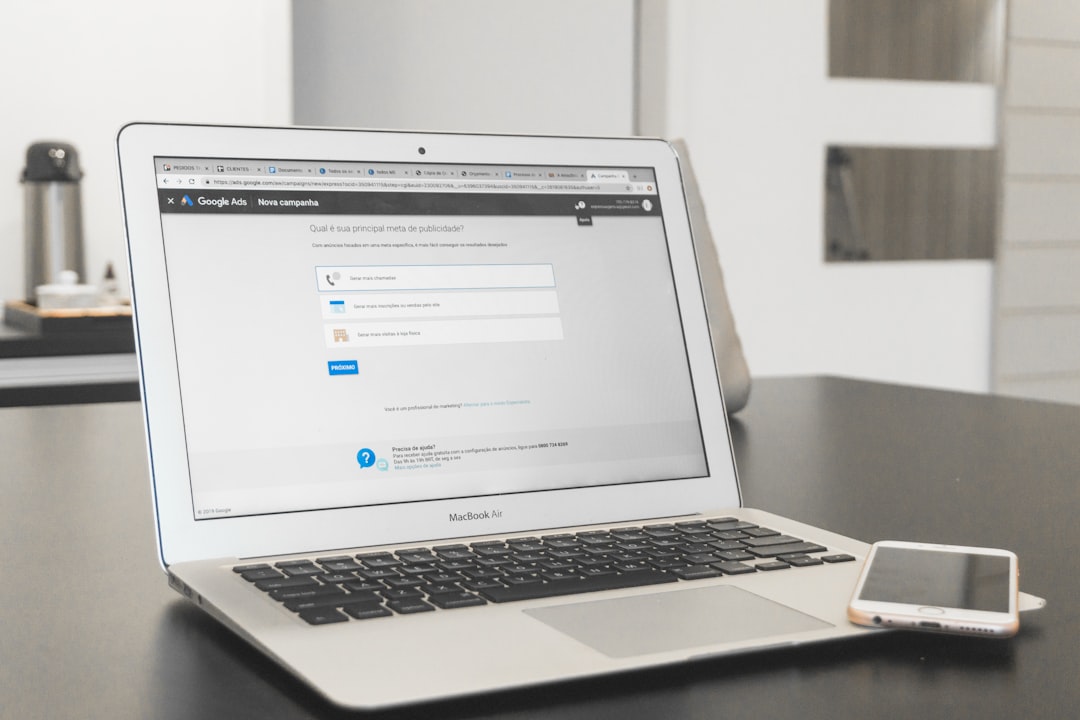Digital humanities is a rapidly expanding field that merges traditional humanities disciplines with computational methods and digital tools. This fusion has sparked important discussions about the necessity of programming skills in digital humanities research. While some argue that knowledge of coding is essential, others maintain that it is not a strict requirement. So, do you need to learn to code to engage in digital humanities?
Table of Contents
Understanding Digital Humanities
Before answering this question, it is essential to define what digital humanities entails. Digital humanities encompasses a broad range of activities, including:
- Text analysis and computational linguistics
- Digital archiving and preservation
- Data visualization and mapping
- Network analysis and social media studies
- Digital publishing and interactive media
These projects often involve working with large datasets, designing digital platforms, and using statistical or machine learning techniques. However, not all digital humanities work requires programming expertise.
The Role of Coding in Digital Humanities
Coding can be a powerful skill for digital humanities scholars. Writing scripts in programming languages like Python or R allows researchers to process and analyze text at scale, create custom visualizations, and automate repetitive tasks. For example, natural language processing (NLP) techniques can reveal patterns in historical texts or literature that would be nearly impossible to detect manually.

However, coding is just one of many tools available in digital humanities. Many software solutions, such as Voyant Tools, Gephi, or Tableau, provide user-friendly interfaces that allow scholars to perform advanced analyses without writing code. Additionally, collaborations between humanities scholars and programmers can bridge the technical gap.
When Learning to Code Becomes Necessary
There are situations where learning to code can be highly beneficial, including:
- Working with large or unstructured datasets: If your research relies on big data, text mining, or machine learning, coding can help you manipulate and analyze data effectively.
- Building custom tools or applications: If you need a digital tool that does not exist, programming skills allow you to create a tailored solution.
- Enhancing research efficiency: Automating tasks such as web scraping, data cleaning, or metadata processing can save significant time.
Alternatives to Learning Code
If you are not interested in coding but still want to engage in digital humanities, several alternatives exist:
- Using No-Code and Low-Code Tools: Platforms like Omeka for digital exhibits and GIS software like ArcGIS provide powerful features without requiring programming knowledge.
- Collaborating with Technologists: Working with computer scientists or developers can help you achieve technical goals without directly writing code.
- Taking Advantage of Open-Source Scripts: Many projects share their code online. Instead of writing code from scratch, using pre-written scripts and modifying them slightly can be a practical approach.

Conclusion
Ultimately, whether you need to learn coding for digital humanities depends on the nature of your research and your career goals. Coding provides valuable advantages, such as flexibility, efficiency, and innovation, but it is not an absolute requirement. Many successful digital humanities projects rely on existing tools, interdisciplinary collaborations, and accessible software.
If you are interested in learning to code, starting with basic scripting languages like Python or JavaScript can be beneficial. However, if coding does not align with your strengths, there are numerous ways to contribute meaningfully to digital humanities without requiring deep technical expertise. The field remains open and welcoming to scholars from all backgrounds.
